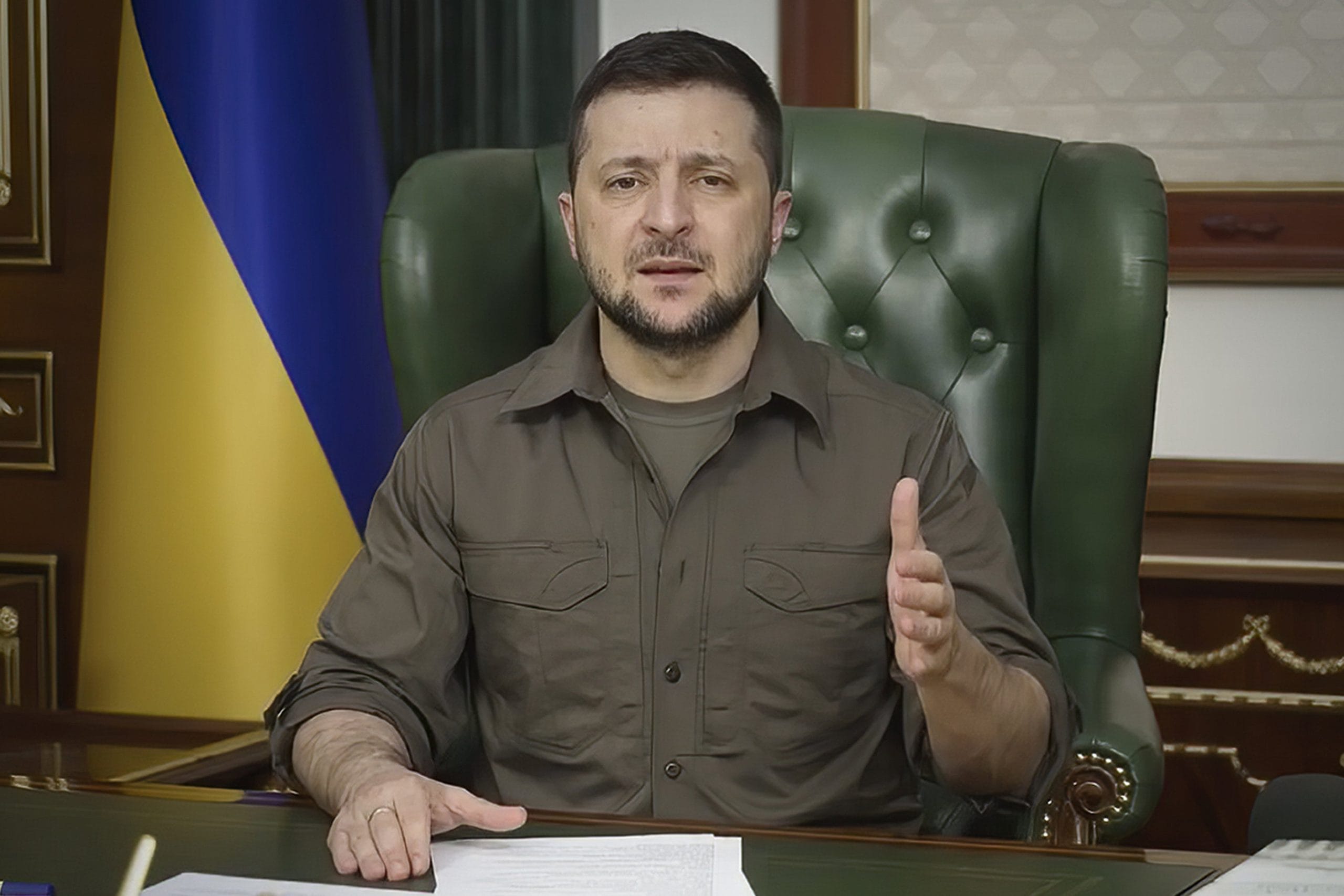In a surprising development in international relations, Ukrainian President Volodymyr Zelensky has announced his willingness to return North Korean troops who were captured during the ongoing conflict in Ukraine. This statement marks a significant moment in the complex web of geopolitical dynamics involving Ukraine, North Korea, and the broader international community. The decision to consider the return of these troops is not only a humanitarian gesture but also a strategic move that could influence diplomatic relations and regional stability.
The context of this proposal is rooted in the ongoing conflict in Ukraine, which has seen various foreign fighters and military personnel involved on both sides. The presence of North Korean troops in Ukraine, although not widely reported, has raised questions about the extent of North Korea’s involvement in the conflict. Reports suggest that these troops may have been sent to support Russian forces, which has led to their capture by Ukrainian military units during various engagements.
Zelensky’s announcement comes at a time when Ukraine is seeking to strengthen its diplomatic ties and engage in dialogue with nations that have historically been viewed as adversaries. By offering to return the captured North Korean troops, Zelensky is signaling a willingness to engage in discussions that could lead to a broader understanding and potential cooperation. This move could be seen as an attempt to open channels of communication with North Korea, a country that has often been isolated on the international stage.
The implications of this proposal extend beyond the immediate context of the conflict. It raises questions about the future of North Korea’s military involvement in foreign conflicts and the potential for diplomatic engagement between Ukraine and North Korea. Analysts suggest that this gesture could pave the way for more substantial discussions regarding security, military cooperation, and even humanitarian issues. The return of the captured troops could be framed as a goodwill gesture, potentially leading to a more favorable environment for negotiations.
Furthermore, this development may also have repercussions for Russia, which has been closely monitoring the situation in Ukraine. The involvement of North Korean troops in the conflict has been a point of contention, and their return could alter the dynamics of military support that North Korea provides to Russia. As the situation evolves, it will be crucial to observe how both North Korea and Russia respond to Zelensky’s proposal.
In addition to the military and diplomatic implications, this situation also highlights the humanitarian aspect of the conflict. The captured North Korean troops are individuals caught in a complex geopolitical struggle, and their potential return raises important questions about the treatment of foreign soldiers in conflict zones. Zelensky’s willingness to consider their return may reflect a broader commitment to humanitarian principles, even amidst the challenges of war.
As the international community watches closely, the response from North Korea will be critical. The regime, known for its strict control over information and its often confrontational stance towards the West, may view this proposal with skepticism. However, if North Korea perceives an opportunity for dialogue and engagement, it could lead to a shift in its approach to international relations.
In conclusion, President Zelensky’s readiness to return captured North Korean troops represents a significant moment in the ongoing conflict in Ukraine. This proposal not only has the potential to reshape diplomatic relations between Ukraine and North Korea but also raises important questions about the humanitarian treatment of soldiers in conflict. As the situation develops, it will be essential to monitor the reactions from North Korea, Russia, and the broader international community, as they will undoubtedly influence the future trajectory of this complex geopolitical landscape.



